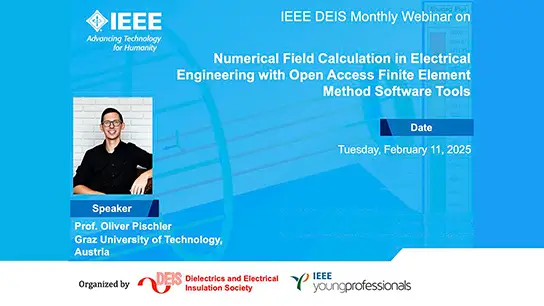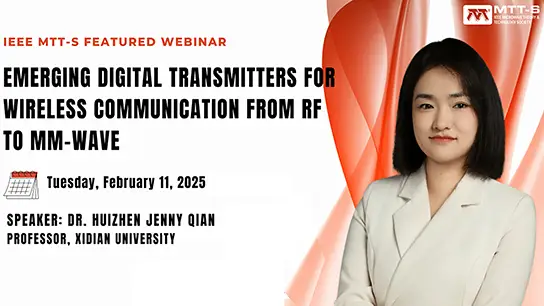Framing the International Discussion on the Weaponization of Increasingly Autonomous Technologies
Kerstin Vignard
-
Members: FreeRAS
IEEE Members: Free
Non-members: FreeLength: 01:05:21
Video Description
There are a multitude of positive military applications for increasingly autonomous technologies. However, their potential weaponization raises a host of legal, technical, operational and ethical questions. Since 2013, member states of the United Nations have been discussing the weaponization of increasingly autonomous technologies (Lethal Autonomous Robots, Lethal Autonomous Weapon Systems, or so-called “killer robots”) in both human rights and arms control fora. Four years in, there is still great division on definitions, how to ensure human control over these future weapon systems, and the appropriate policy responses.
These political discussions are held in the near absence of the technical community. As the rate of technological innovation far outpaces the policy discussion, how might engagement with the technical experts enable international policy-makers to better think, discuss and make informed decisions about increasing autonomy in weapon systems?
Kerstin Vignard from United Nations Institute for Disarmament Research will discuss the topic on framing the international discussion on the weaponization of increasingly autonomous technologies.
ICRA 2017
The 2017 IEEE International Conference on Robotics and Automation (ICRA) was held from May 29 to June 3, 2017 at Sands Expo and Convention Centre, Marina Bay Sands in Singapore. ICRA is IEEE Robotics and Automation Society's flagship conference and is a premier international forum for robotics researchers to present their work. The conference theme, “Innovation, Entrepreneurship, and Real-world Solutions”, underscores the need for innovative R&D talent, dynamic and goal-driven entrepreneurs and practitioners using robotics and automation technology to solve challenging real-world problems such as shortage of labour, an ageing society, and creating sustainable environments.
Speaker
Kerstin Vignard is deputy director at the UN Institute for Disarmament Research (UNIDIR). Since 2013, she has led UNIDIR’s work on the weaponization of increasingly autonomous technologies. This work has provided insights and conceptual frameworks that improve international policy makers’ abilities to think about, discuss, and make informed decisions about autonomy in weapon systems. She has also served as consultant to four of the five UN Groups of Governmental Experts on Developments in the Field of Information and Telecommunications in the Context of International Security.


